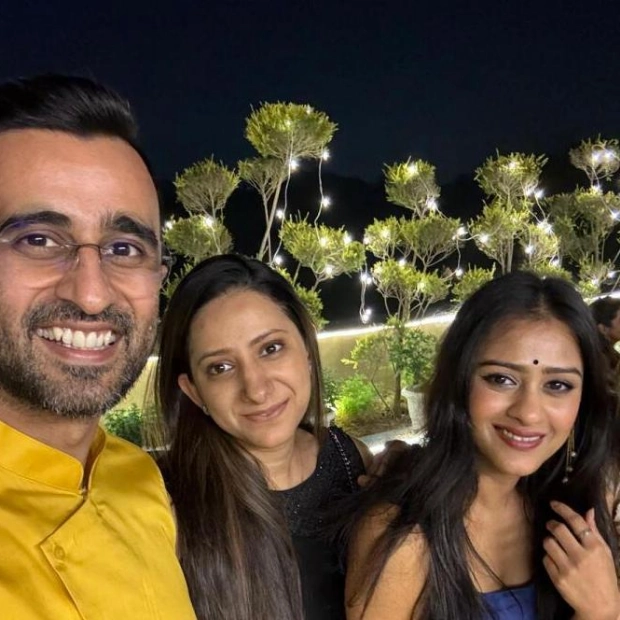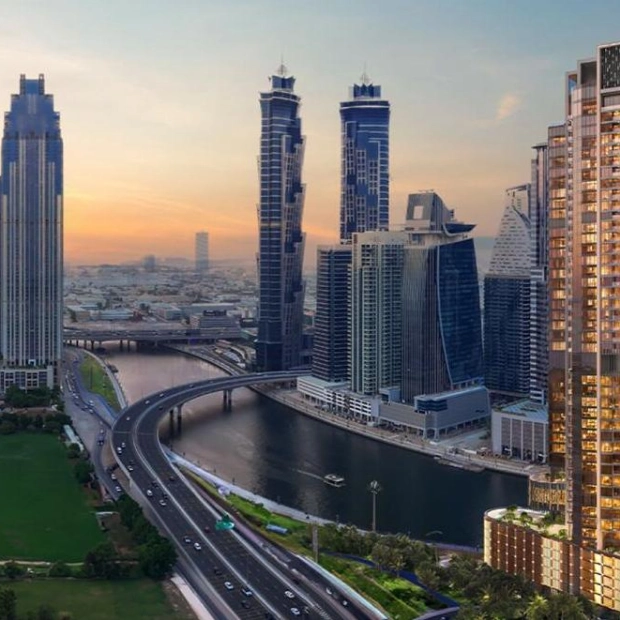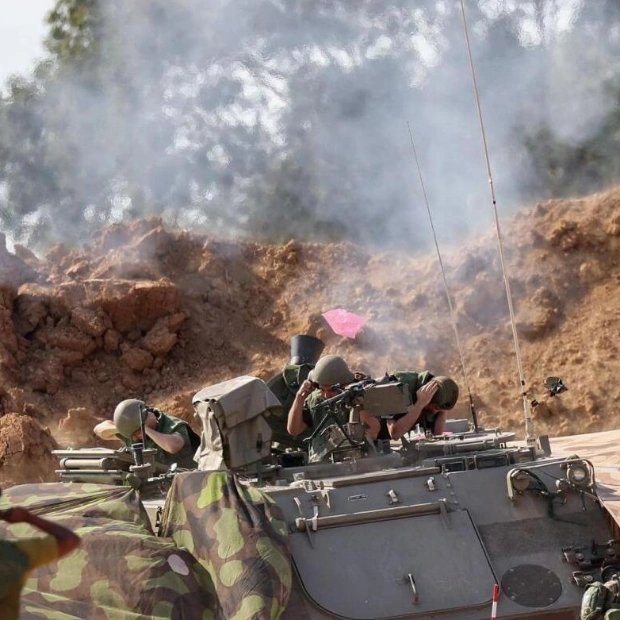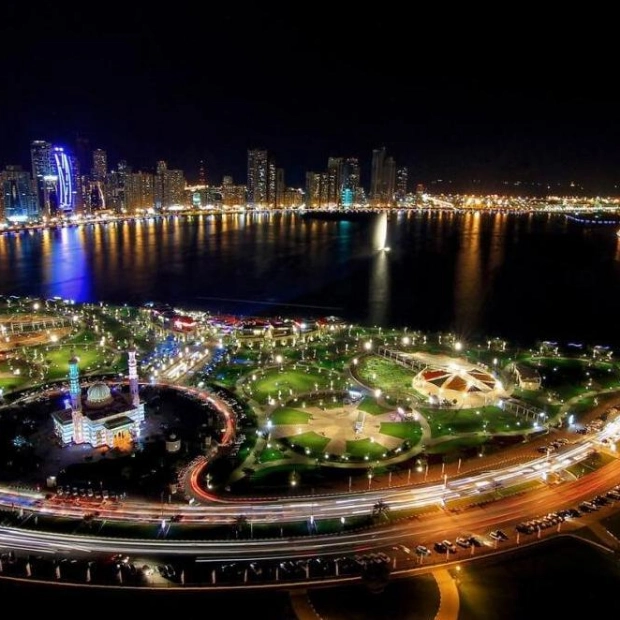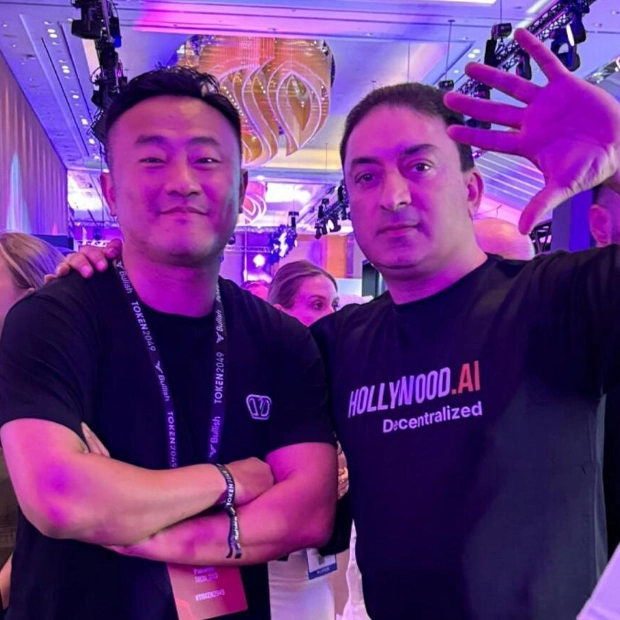In June 1990, shortly after his unexpected first-round loss to Derrick Rostagno at Wimbledon, a visibly older and disheartened John McEnroe sat down with NBC’s Bud Collins, alongside rival Jimmy Connors, for an interview. Connors, working as an analyst for NBC that summer while recovering from a wrist injury, observed McEnroe’s subdued demeanor, a stark contrast to his usual fiery self. The usually talkative McEnroe expressed his disappointment in his performance and the challenges of balancing family life with his tennis career. Connors, noting McEnroe’s lack of direction, offered to coach him, suggesting a partnership that would guide McEnroe back to his former glory. McEnroe, in a rare moment of vulnerability, extended his hand to seal the deal, hinting at a potential collaboration between two fierce rivals. However, this moment of unity was short-lived, as both players later decided to part ways.
Years later, the announcement of Andy Murray coaching Novak Djokovic in 2025 brought back memories of that fleeting McEnroe-Connors moment. Djokovic, aiming for his 11th Australian Open title and his 25th major title overall, seeks to surpass Margaret Court as the all-time Grand Slam champion. Murray’s coaching role, given his long-standing friendship and rivalry with Djokovic, makes sense in many ways. Their history dates back to their junior days, and they were born just days apart in May 1987. Despite Murray’s three Grand Slam titles and his status as a Hall of Famer, his relationship with Djokovic has never been one of equals; Djokovic, along with Federer and Nadal, stands in a league of his own. As a former top player, Murray might provide the mental edge Djokovic needs to secure that final Grand Slam title.
The sporting world is filled with examples of great players who struggled to transition into successful coaches. Ted Williams, arguably the greatest hitter in baseball history, found it challenging to translate his skills to managing the Washington Senators. Similarly, Wayne Gretzky, Isaiah Thomas, and Magic Johnson, among others, failed to replicate their playing success in coaching roles. Malcolm Gladwell, in his book “Blink,” theorized that top athletes often make poor coaches because they can’t articulate the skills that made them great, unlike mediocre players or non-athletes who can explain their knowledge step-by-step.
Joe Torre, a B-plus category player, is an exception, having become a stellar manager despite initial skepticism. The coaching of the Big Three—Federer, Djokovic, and Nadal—has rarely involved great players; Federer worked with solid pros like Paul Annacone and Tony Roche, while Djokovic’s long-time coach, Marian Vajda, was a former pro who never advanced past the third round in a Grand Slam. Nadal’s coach, Uncle Toni, never played professional tennis.
The Murray-Djokovic partnership seems ideal, given Djokovic’s nearing retirement and their mutual respect. Murray, a master of defense and counter-punching, can offer valuable insights against younger players like Jannik Sinner and Carlos Alcaraz. This collaboration could provide the extra boost Djokovic needs for that final Grand Slam title. Both Connors and McEnroe eventually tried their hand at coaching, with Connors achieving some success with Andy Roddick and McEnroe briefly coaching Milos Raonic.
Source link: https://www.theguardian.com


